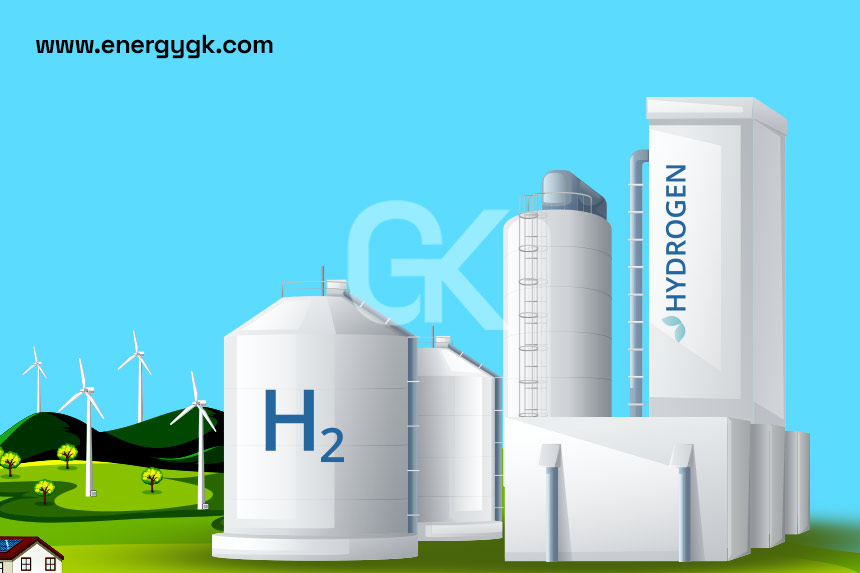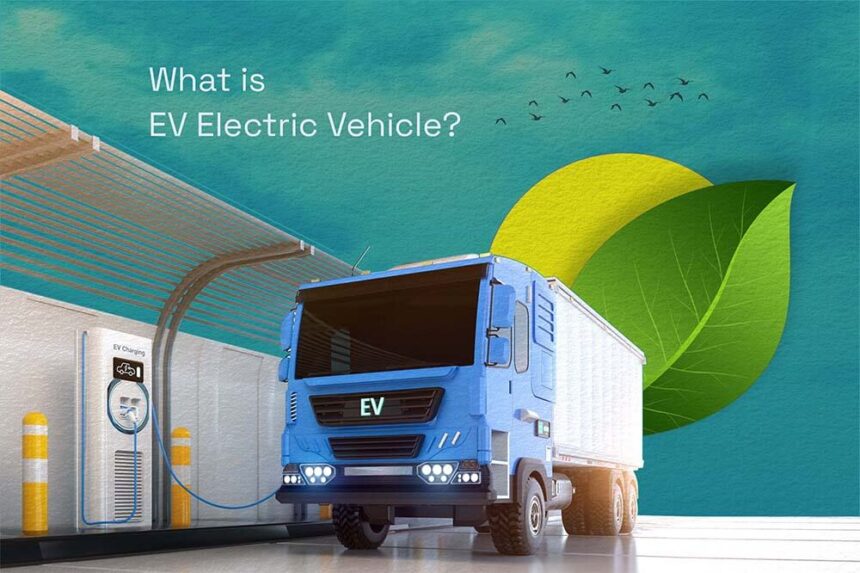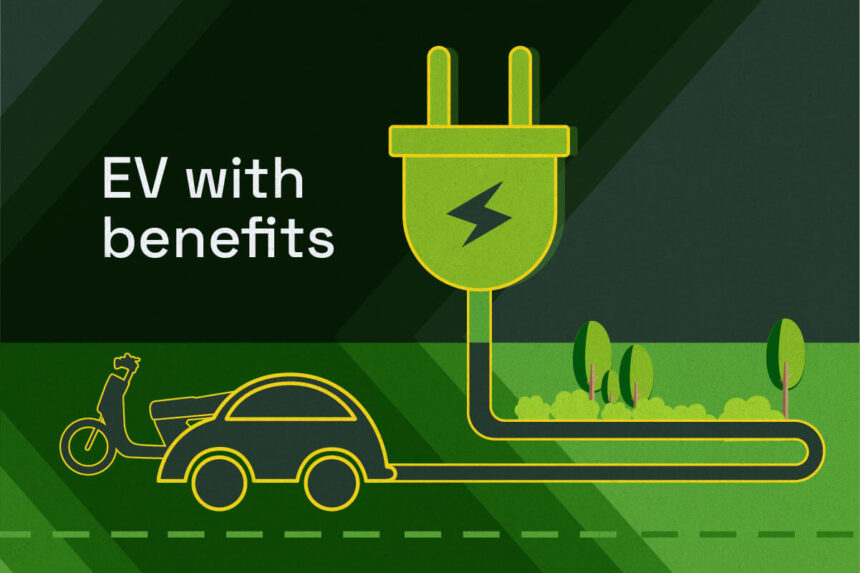In today’s world, the need for sustainable energy solutions has become increasingly crucial. With the growing concerns about climate change and environmental degradation, it is imperative that we transition to greener alternatives. One of the key drivers for this transition is sustainable energy education and awareness. By empowering individuals and communities with knowledge and understanding, we can foster a greener future for generations to come.
Introduction
In this article, we will explore the significant role of sustainable energy education and awareness in creating a greener future. We will delve into the importance of sustainable energy, discuss the role of education and awareness, highlight the benefits, address challenges, and explore ways to promote green initiatives.
Importance of Sustainable Energy
Sustainable energy refers to the production and consumption of energy in a manner that minimizes negative environmental impacts. It encompasses renewable energy sources such as solar, wind, hydro, and geothermal power, along with energy-efficient practices. Sustainable energy is essential as it reduces greenhouse gas emissions, mitigates climate change, and helps preserve natural resources.
The Role of Education
Education plays a vital role in driving sustainable energy practices. By integrating sustainable energy topics into educational curricula at all levels, from primary schools to universities, we can raise awareness and instill a sense of responsibility in future generations. Education equips individuals with the necessary knowledge to make informed choices about energy consumption, energy-saving practices, and renewable energy technologies.
Creating Awareness
Raising awareness about sustainable energy is crucial in fostering a greener future. Through various awareness campaigns, workshops, and community engagement programs, we can educate individuals about the importance of sustainable energy and its positive impact on the environment. Awareness initiatives can also highlight the economic benefits of transitioning to renewable energy sources and encourage behavioral changes that promote sustainability.
Benefits of Sustainable Energy
The adoption of sustainable energy has numerous benefits. It reduces dependence on fossil fuels, which are finite and contribute to climate change. Renewable energy sources provide clean and abundant power, leading to improved air quality and public health. Additionally, sustainable energy solutions create job opportunities, drive technological innovation, and enhance energy security by diversifying energy sources.
Challenges and Solutions
While the transition to sustainable energy is desirable, it does come with challenges. The initial cost of renewable energy infrastructure can be high, making it less accessible for some communities. Furthermore, the intermittent nature of renewable energy sources poses integration challenges into existing grids. However, these challenges can be addressed through government incentives, subsidies, and research and development efforts to improve the efficiency and affordability of sustainable energy technologies.
Promoting Green Initiatives
To foster a greener future, it is crucial to promote green initiatives at various levels. Governments can establish policies and regulations that incentivize the adoption of sustainable energy practices. They can provide tax benefits, grants, and subsidies to support the installation of renewable energy systems. Furthermore, businesses can take on corporate responsibility by implementing sustainable energy solutions and reporting their environmental impact.
Government Support
Government support is instrumental in driving sustainable energy education and awareness. By allocating resources to educational institutions, research programs, and public awareness campaigns, governments can create an environment that encourages sustainable energy practices. They can also collaborate with international organizations to exchange best practices, develop policies, and establish targets for sustainable energy adoption on a global scale.
Corporate Responsibility
Corporations have a significant role to play in fostering a greener future. They can integrate sustainable energy practices into their operations, invest in renewable energy projects, and set ambitious sustainability goals. By adopting environmentally friendly policies, reducing their carbon footprint, and engaging in community initiatives, corporations can lead by example and inspire others to follow suit.
Individual Actions
Individual actions are crucial in creating a greener future. By making conscious choices in their daily lives, individuals can contribute to sustainable energy efforts. This includes adopting energy-efficient practices at home, such as using LED light bulbs, insulating homes, and reducing energy consumption. Individuals can also support renewable energy by installing solar panels, participating in community-based energy projects, and advocating for sustainable energy policies.
Green Energy in Everyday Life
Sustainable energy is not limited to large-scale projects; it can be integrated into everyday life. From electric vehicles to energy-efficient appliances, individuals have access to a range of green energy solutions. By embracing these technologies and incorporating them into their lifestyles, individuals can reduce their environmental impact and contribute to a greener future.
The Role of Technology
Technology plays a pivotal role in advancing sustainable energy solutions. Innovations in renewable energy technologies, energy storage systems, and smart grid infrastructure have the potential to revolutionize the energy sector. By investing in research and development, supporting technological advancements, and promoting the integration of technology in energy systems, we can accelerate the transition to a sustainable energy future.
Future Outlook
The future of sustainable energy looks promising. With increasing global awareness and efforts to combat climate change, there is a growing momentum towards greener alternatives. Governments, businesses, and individuals are recognizing the importance of sustainable energy education and awareness in shaping a sustainable future. By continuing to invest in renewable energy, promoting sustainable practices, and fostering collaboration, we can pave the way for a greener and more sustainable world.
Conclusion
Sustainable energy education and awareness are essential pillars for fostering a greener future. By educating individuals, raising awareness, and promoting green initiatives, we can drive the transition to sustainable energy sources. Governments, businesses, and individuals must work together to create an environment that supports sustainable energy practices and mitigates the impact of climate change. Through collective efforts, we can build a greener and more sustainable future for generations to come.
FAQs
1. How does sustainable energy education benefit society? Sustainable energy education equips individuals with the knowledge and skills to make informed choices about energy consumption, promotes sustainable practices, and helps reduce greenhouse gas emissions. It also creates job opportunities in the renewable energy sector and fosters innovation.
2. What are some challenges in adopting sustainable energy practices? Challenges include the high initial cost of renewable energy infrastructure, intermittency of renewable energy sources, and the need for technological advancements. However, these challenges can be addressed through government support, research, and development efforts.
3. How can individuals contribute to sustainable energy efforts? Individuals can adopt energy-efficient practices, support renewable energy projects, advocate for sustainable energy policies, and make conscious choices in their daily lives to reduce energy consumption.
4. What is the role of technology in sustainable energy? Technology plays a crucial role in advancing sustainable energy solutions. Innovations in renewable energy technologies, energy storage, and smart grid infrastructure enable the integration of sustainable energy sources into existing systems.
5. How can businesses promote sustainable energy practices? Businesses can adopt sustainable energy practices, invest in renewable energy projects, set sustainability goals, and engage in corporate responsibility initiatives. By leading by example, businesses can inspire others to follow suit and contribute to a greener future.
By providing accurate and engaging information about sustainable energy education and awareness, you can empower individuals and communities to contribute to a greener future. Together, let’s embrace sustainable energy and pave the way for a more sustainable and environmentally friendly world.
Note: The content provided is solely for informational purposes and does not constitute professional advice. Always consult with experts or relevant authorities for specific guidance on sustainable energy practices and initiatives.







